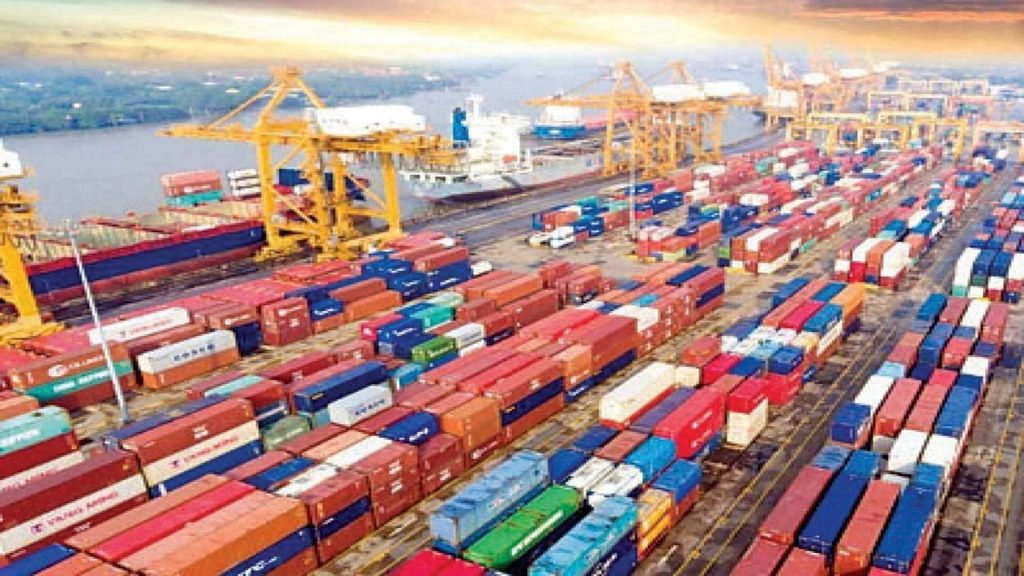The government must make strenuous efforts to save Pakistan’s teetering economy and strengthen trade ties with the Shanghai Cooperation Organisation (SCO) to boost exports, suggest businessmen.
“SCO, with a collective GDP (gross domestic product) of over $23.5 trillion and total trade of $8.03 trillion, presents a significant opportunity to Pakistan to increase its trade and investment prospects,” emphasised Federation of Pakistan Chambers of Commerce and Industry (FPCCI) President and SCO Business Council Pakistan Chapter Chairman Irfan Iqbal Sheikh.
He represented Pakistan in the SCO Business Council’s board meeting, which was attended by the representatives of big economies like China, Russia, India and a number of Central Asian states, according to a statement issued on Tuesday.
Sheikh apprised the meeting that SCO’s involvement meant broadening export markets for Pakistan, becoming part of major supply routes to the world, lucrative joint ventures and industrial collaborations, transfer of technology and knowledge, and foreign direct investment (FDI) by major groups and conglomerates.
The FPCCI president stressed that Pakistan had many close and strategic allies in the SCO and the bilateral and multilateral relations should be translated into commercial and economic ties through people-to-people, business-to-business and chamber-to-chamber contacts.
“An economic bloc with GDP of $23.5 trillion can help address all of Pakistan’s economic shortcomings.”
Sheikh highlighted that Pakistan had adopted the land-based logistics convention, Transports Internationaux Routiers (TIR), and was looking forward to integrating with the SCO’s land-based trade.
He offered to collaborate in regional trade exhibitions and exchange of trade delegations, adding that Pakistan could multiply exports of its world-class products and services to SCO countries, including value-added textile, IT and ITeS services, surgical instruments, sports goods, cultural artifacts, rice, fruits, vegetables, precious stones and minerals.
Sheikh specifically underlined the need to establish a currency swap mechanism to capitalise on the true trade potential with the SCO member countries and to stabilise Pakistani rupee.
Separately, FPCCI leader Mian Nasser Hyatt Maggo identified areas of cooperation with the SCO such as setting up banking channels for commercial transactions, dealing with climate change and exchange of early-warning information, and damage mitigation.
SCO members comprise approximately 42% of the world population, 23% of global land mass and 25% share in the global GDP. They also account for 32% of Pakistan’s total trade.
“Pakistan needs to become aggressive,” said Union of Small and Medium Enterprises (UNISAME) President Zulfikar Thaver. “The country needs to go for trade diplomacy and must focus on China for joint ventures and partnerships, and also look for agreements with other countries of the SCO bloc as they are reliable and dependable trade partners,” he said.
Despite a 40% YoY decrease in Pakistan’s trade deficit to $23.71 billion during the first 10 months of fiscal year 2022-23, economists and industrialists remain dissatisfied.
Many argue the reduction is not a result of export growth, but rather the outcome of government’s import contraction policy. This has raised concern over sustainability of the country’s economic recovery and the need for a more balanced approach towards increasing exports and reducing the trade deficit.
“The Ministry of Commerce has under-performed. The government needs to prepare agenda for a very strong economic relationship with the SCO nations,” stressed Thaver.
“SCO countries provide an opportunity but every opportunity needs to be utilised and not missed.”





